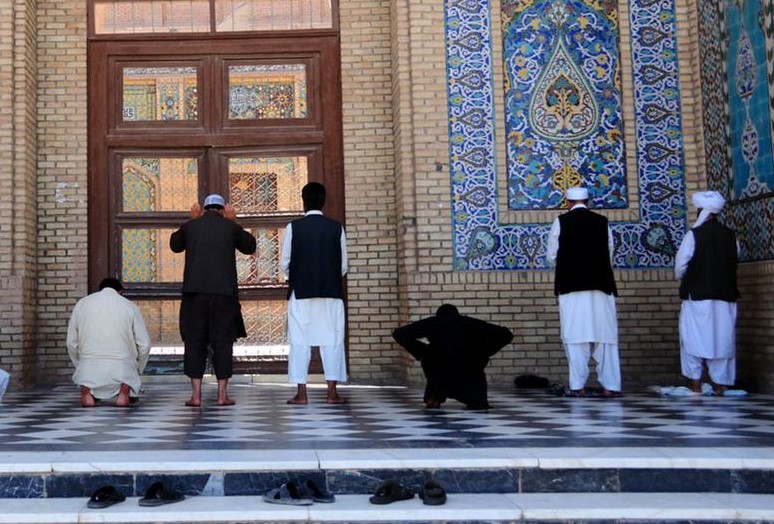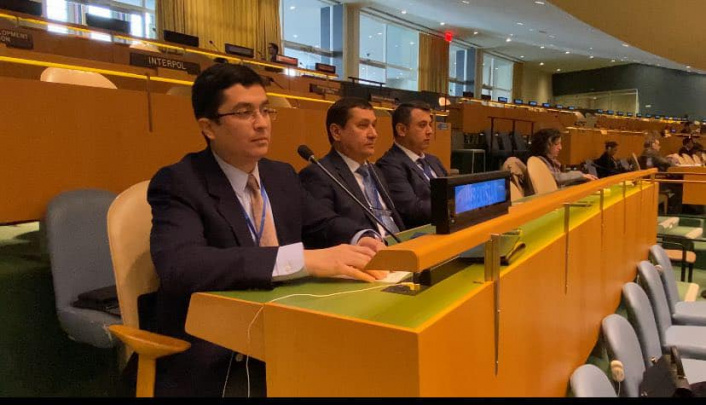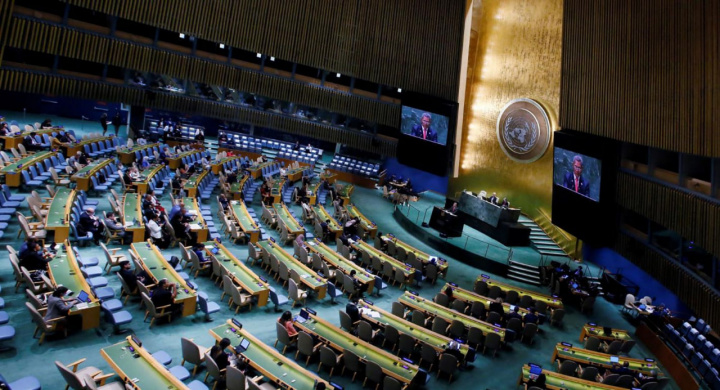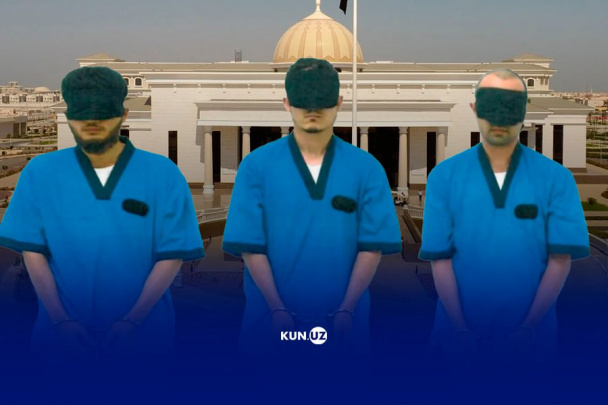Uzbekistan supports UN resolution condemning the burning of Quran and other sacred books
In light of the recent cases of public burning of the holy book of Muslims - the Quran - UN chief human rights activist Volker Türk called for religious tolerance and mutual respect, as well as to refrain from actions that can incite hatred and provoke conflicts.

Photo: UNAMA/B. Batur
Speaking at the 53rd session of the Human Rights Council in Geneva, the UN High Commissioner stressed that a sustainable dialogue between people is possible only with mutual respect.
“Setting aside the question of what the law allows or does not allow, and regardless of their own religious beliefs or their lack, people should treat each other with respect. To everyone, without exception,” he explained.
The High Commissioner emphasized that restrictions on freedom of speech should be the exception to the rule, especially given that authoritarian regimes often abuse this measure.
However, he continued, in some cases, the application of the principle of free speech can provoke violence and discrimination. Türk recalled that because of their religious beliefs, people have been subjected to terror and attacks more than once, including in places of religious worship. According to the speaker, national courts are obliged in each case to make a decision, guided by the norms of international law.
Türk recalled that all parties to the international pact on civil and political rights, adopted in 1966, are obliged to prohibit by law any speech based on national, racial or religious hatred, as well as incitement to discrimination, hostility or violence.
According to the UN High Commissioner for Human Rights, social networks play a significant role in fueling conflicts by spreading hate speech. To combat these phenomena, he proposes to promote dialogue in all societies, to educate the population, to promote interfaith and intercommunal interaction.
Türk called on states to redouble their efforts to implement the action plan to combat intolerance, negative stereotyping, stigmatization, discrimination, incitement to violence and violence, and to involve the private sector in this fight.
It also became known that at the meeting of the council, the participants adopted a resolution condemning the burning of the Quran and other sacred books.
Representatives of 28 countries, including the representative of Uzbekistan, voted in favor. 12 countries (Belgium, Costa Rica, Czech Republic, Finland, Germany, Lithuania, Luxembourg, Montenegro, Romania, Great Britain and the USA) were against. Seven delegations abstained.
Related News

11:39 / 29.04.2025
UN adopts Uzbekistan-led resolution on global forest restoration

20:55 / 28.04.2025
Uzbekistan gains full membership in UN Statistical Commission

17:16 / 22.04.2025
International lawyers advocate for fair trial, seek leniency for three citizens of Uzbekistan facing death penalty in UAE

18:37 / 11.04.2025



